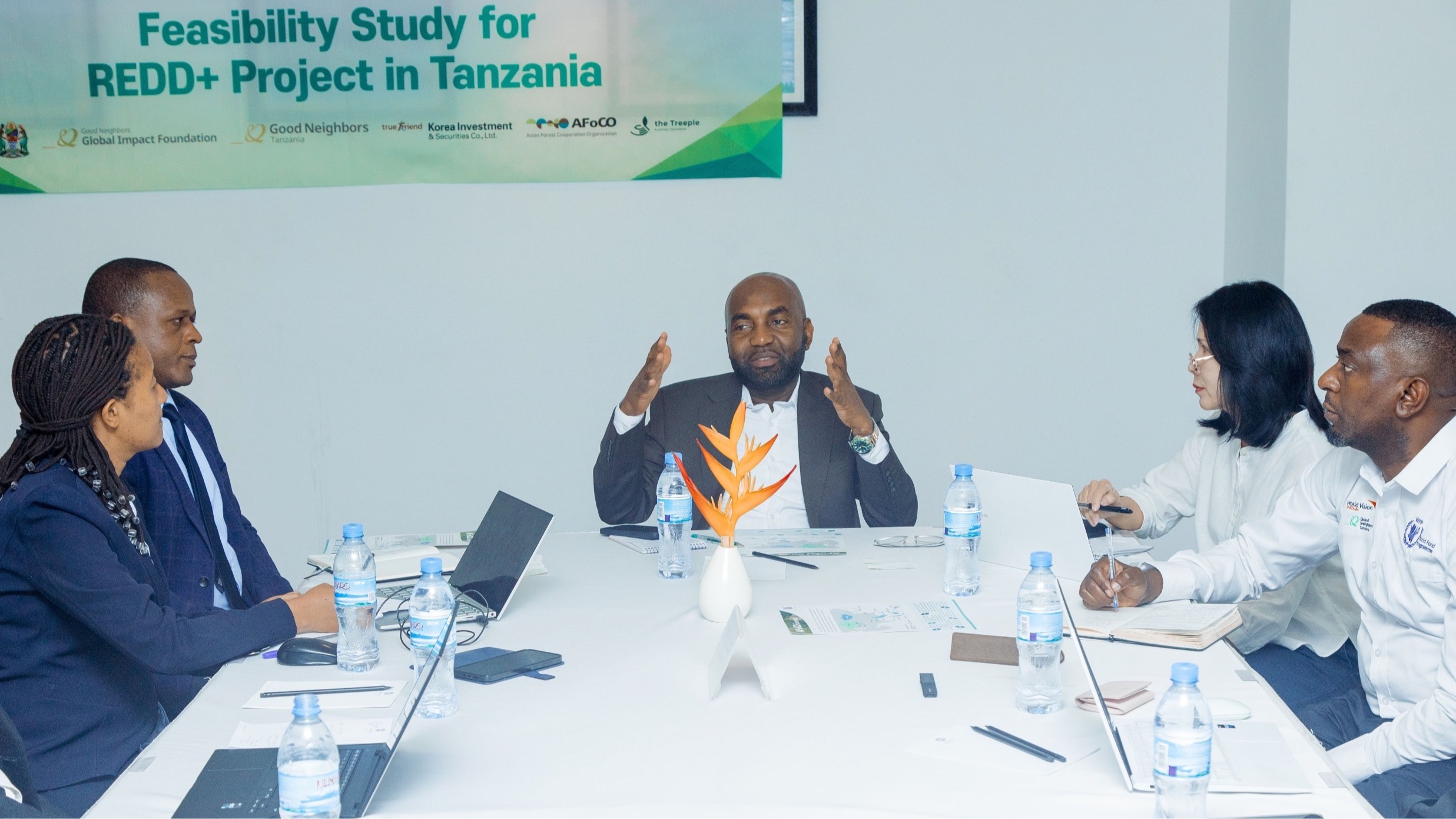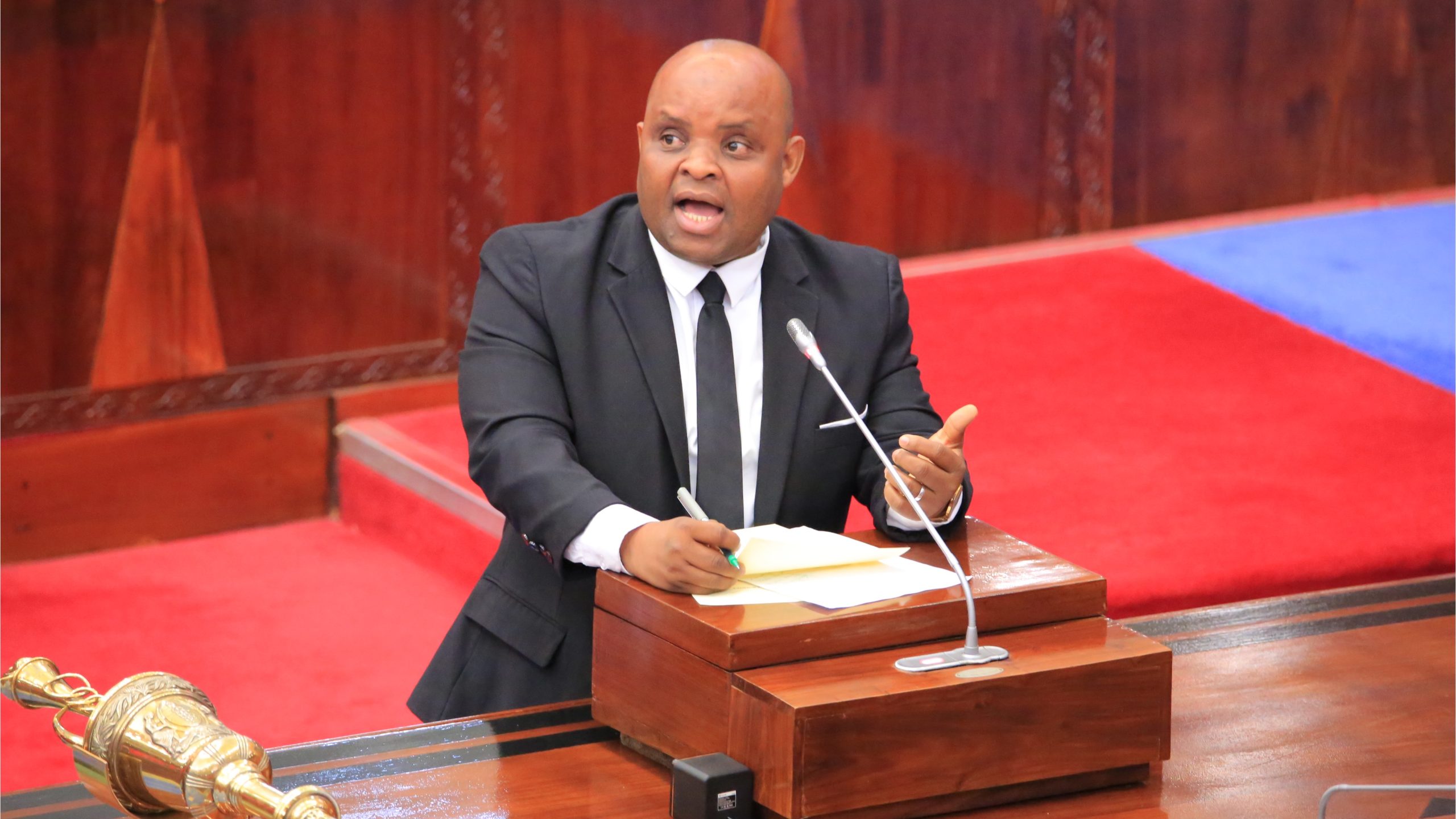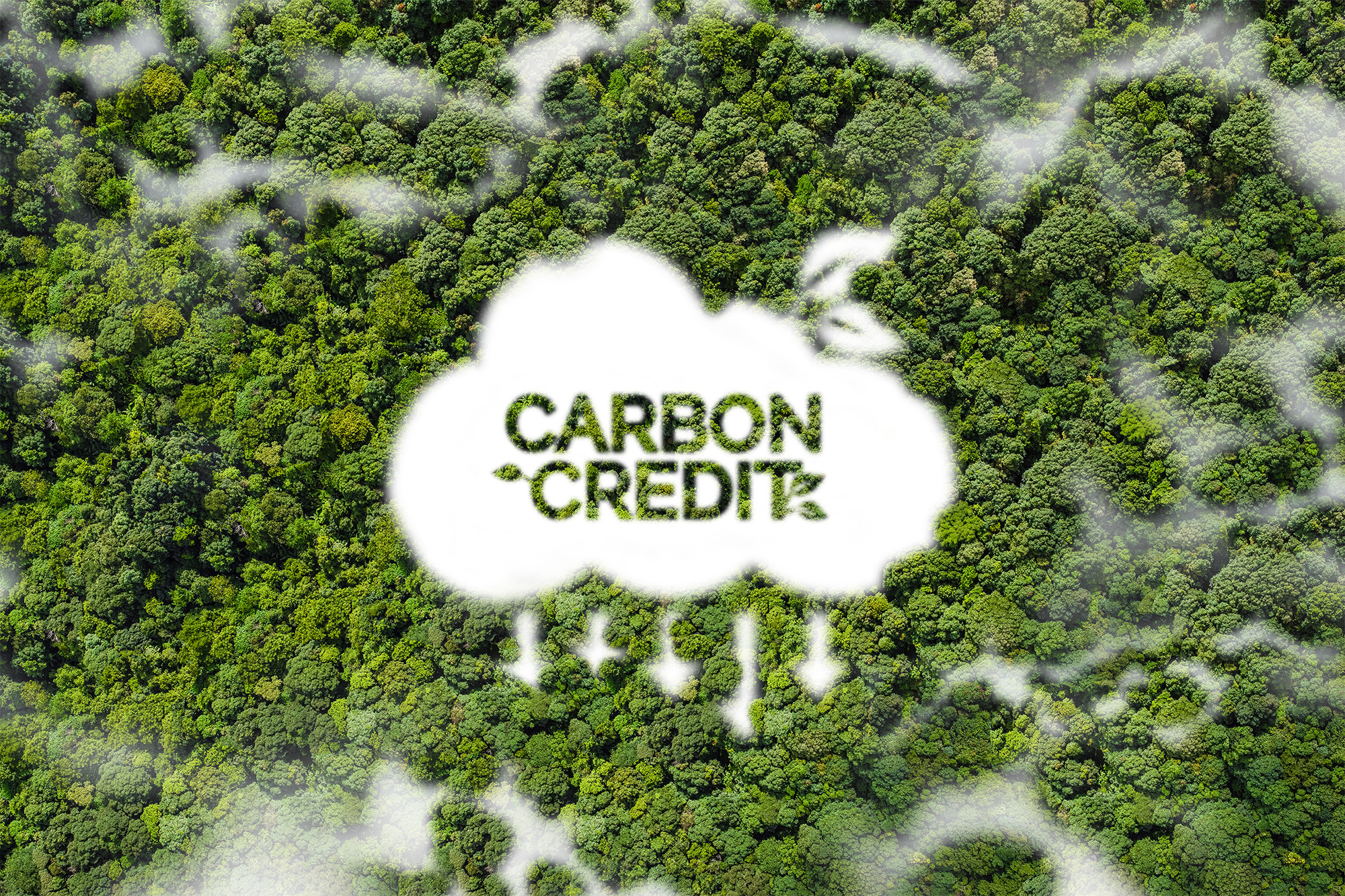New tool is part of a broad push by the industry to increase carbon credit integrity by harnessing technology innovation.
A tracking tool recently released by third-party carbon credit verification organisation Verra – which aims to boost the transparency of carbon capture and sequestration products – is among the latest in a wave of initiatives utilising digital solutions to tackle market mistrust and confusion.
Verra’s Project Tracker tracks the status and progress of each carbon credit project from the initial listing to registration, validation, and verification.
Speaking to ESG Investor, Joel Finkelstein, Senior Director of Media and Advocacy at Verra, described the organisation’s decision to introduce the Project Tracker as an “important and perhaps inevitable step towards increased transparency and responsiveness”.
Finkelstein said that the tracker will provide users with the ability to track feedback and get updates in “pretty much real time”. The new digital platform will “significantly reduce” back and forth correspondences which “increases efficiency”, he added.
Future functionalities
The Project Tracker is the first tool released from the Verra Project Hub.
As part of the initiative, Finkelstein said that Verra is moving forward on other types of functionalities but declined to provide a timeline for introduction of the hub’s complete capabilities. “We want to get it right and these things take time,” he said.
Verra’s Project Hub will expand to facilitate the online submission of new projects for review, a digital assessment of projects’ non-permanence risk, and offer direct interaction with the auditors of carbon capture projects.
Finkelstein described Project Tracker as the “first piece of a pretty comprehensive and far-reaching digitalisation initiative” that Verra hopes will “streamline and transform the experience of engagement” with the organisation’s registry for multiple stakeholders.
“There’s much more to come that will significantly increase speed, efficiency, and transparency,” Finkelstein said.
“At the end of the day, it all adds to the integrity of the system.”
Overcoming offset uncertainty
Carbon credits from projects certified by Verra and its peers can be bought and sold through voluntary carbon markets (VCMs). The VCM market reached USD 2 billion last year – with around 500 million carbon credits traded – and is expected to reach as much as USD 1 trillion by 2037.
Finkelstein said that there is a “real need” for project proponents to have “transparency, ease of use and speed with a more regular timeline” to provide greater certainty to institutional investors and the market more broadly.
“Our stakeholders want to hear back from us more efficiently and more quickly,” he added. “They need information at their fingertips.”
Simon Puleston Jones, CEO of carbon brokerage and advisory firm Climate Solutions, told ESG Investor that the “widespread availability of accurate, affordable and timely data” in relation to carbon abatement projects is “critical if carbon markets are to scale”.
Reducing emissions from deforestation and forest degradation in developing countries (REDD) is an example of a carbon abatement project. These projects forecast the amount of deforestation they will prevent, with companies such as Verra assessing and verifying these claims. Once the claims are certified, they can be used to generate carbon credits, using an approved formula to convert it into saved CO2. These credits can then be purchased by companies or individuals to offset their own carbon emissions.
Earlier this year, Verra was criticised following an investigation which claimed only a “handful” of rainforest projects approved by the carbon credit verifier showed evidence of deforestation reductions, with 94% of the credits produced creating no benefits for the climate making them worthless.
Verra rebutted the claims.
In June, the organisation launched a public consultation on proposed changes to its Verified Carbon Standard (VCS) Program to “strengthen and update” its rules. The consultation closed at the end of July and Verra is currently reviewing comments and finalising its proposals ahead of a scheduled announcement at the end of this month.
Carbon credit clarity
The introduction of Verra’s Project Hub aims to heighten transparency and improve the overall integrity of its carbon credits.
According to Finkelstein, there are some “valid concerns” expressed by market actors pursuing transparency and integrity for carbon credits, with the tracker and hub aimed at helping to resolve these issues.
Despite the uncertainty that surrounds carbon credits and VCMs, a survey of over 500 medium to large businesses across the US, UK and Europe found that 89% companies see carbon credits as a valuable tool to mitigate CO2 emissions.
However, it noted that there were concerns around potential greenwashing, as well as challenges in evaluating the quality of carbon credits, citing the lack of regulation and transparency as barriers to increasing investment in VCMs.
Carbon credits can be bought, traded and sold on VCMs which are currently unregulated. However, there are updates on new rules and frameworks expected from the Voluntary Carbon Markets Integrity Initiative (VCMI) and Integrity Council for the Voluntary Carbon Market (ICVCM).
The VCMI is introducing demand-side rules for entities using carbon credits as part of their decarbonisation strategies and net zero pledges.
The ICVCM, the body responsible for the supply side of VCMs, recently released its full global benchmark for high-integrity carbon credits with the goal of maximising the ability of VCMs to support delivery of global climate targets.
Finkelstein said that certification of carbon credits needs to be a “rigorous process with integrity and checks”.
The revisions to Verra’s VCS would align the programme with integrity initiatives in the VCM, including the ICVCM.
Transparency through technology
Verra is not the only organisation in the carbon credit space which has targeted a boost in transparency and credibility through tech-based solutions.
Puleston Jones said that there are several early-stage ‘CarbonTech’ companies that have come to market to raise seed and Series A capital, highlighting the use of technologies including satellite imagery, radar, lidar, geolocation, drones and artificial intelligence.
Cargill, a global food, agriculture and bioindustrial firm, recently rolled out new deforestation-tracking technologies across its global soy, palm oil and cocoa supply chain. The partnership with Satelligence will see satellite-powered deforestation risk monitoring deployed to offer near-real time data and identify deforestation risks and breaches.
Global carbon ratings agency BeZero Carbon has partnered with environmental intelligence company Kayrros to enhance its VCM projects assessment. Through the partnership, Kayrros’ satellite-based mapping of the Amazon basin will be incorporated into BeZero Carbon’s ratings, which assess the quality of carbon credits. This mapping targets the provision of additional high-resolution, real-time data on tree cover and height as well as above-ground biomass, to better understand carbon project effectiveness.
Last week, BeZero bolstered its carbon estimate capabilities by collaborating with the Earth Observation and Geoinformatics Division at Brazil’s National Institute for Space Research (INPE) to improve its estimates in the Amazon. This will see data gathered by INPE’s satellite technologies be combined with carbon measured by scientists and incorporated into BeZero’s ratings to improve VCM transparency.
The company has also joined forces with research institutions TU-Dresden and the Royal Netherlands Meteorological Institute on a European Space Agency project that will use satellite capabilities to assess impact of wildfires on the carbon cycle. This project will gather data that will help BeZero develop near-real time monitoring tools for global fire emergencies that can help assess carbon losses.
Earlier this year, carbon credit ratings and analytics provider Sylvera raised US$57 million in a Series B funding round to scale its carbon intelligence platform in the US.
Despite companies beginning to use technologies, Puleston Jones suggested that there is a “gap in the market” for technology that makes it easier for project developers and companies to identify which current and under development methodologies might enable them to issue carbon offsets in relation to the carbon emissions that they plan to reduce or remove.
He described the current state of methodologies for carbon offsets as a “maze of complexity that requires a lot of manual due diligence”.



